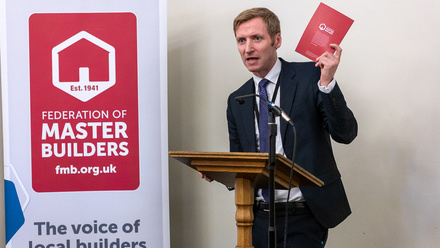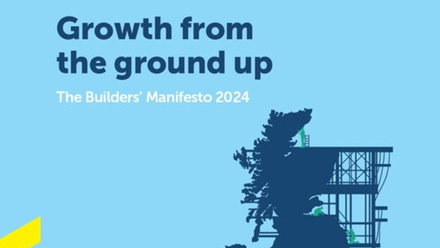Employers in construction frequently complain that youngsters joining the sector need to be better prepared for the world of work. The focus of their criticism is often not aimed at their ability to lay straight bricks or to handle a drill, but rather more elementary attributes such as timekeeping and work ethic.
According to research conducted by BMG Research on behalf of CITB , construction employers are the least satisfied with what is termed the “work-ready” attributes of their young recruits compared to employers in other sectors. At the same time, construction employers place more value on how work-ready their young recruits are compared to employers in other industries. In other words, construction employers value it more in their recruits but are seeing less of it in them.
Before going any further, we need to consider how construction employers define “work-ready”? According to a survey of employers conducted by CITB, the work-ready attributes most valued by construction businesses are:
- Respond well to instruction and supervision
- Be reliable and trustworthy
- Recognise the importance of good attendance and punctuality
- Display sound common sense
- Be hardworking
- Get on well with customers
- Get on well with colleagues
Unfortunately, there is no silver bullet to better prepare young recruits for the world of work. The changes that would arguably have the biggest impact require much wider societal change e.g. if youngsters spent less time on their phones, their verbal communications skills would likely improve. These major shifts aside, here are some practical interventions that would help matters:
- Give young people better access to work experience in construction. This will give them a deeper appreciation of the attributes that employers are seeking. Research shows that 90% of construction employers believe that work experience results in recruits being better prepared for work on a construction site.
- Small firms need more targeted support to make them feel able to offer work experience. SMEs often feel that they don’t have the time and resource to offer work experience. They also have health and safety concerns around bringing young novices on-site. More targeted support is required to break down these barriers.
- Work experience stints need to be lengthier. Work experience in construction is often too short to give potential recruits a true appreciation of the realities of working on a construction site.
- Apprentices should spend more time on-site; less theory, more doing. They’ll become more work-ready on-site than in the classroom.
- Construction education that is conducted off-site should better replicate the on-site experience.
- Boost awareness amongst young people that construction employers are particularly keen on work-ready attributes and tell them what these attributes are.
- Businesses should be made aware that widely held perceptions of young people amongst employers are not always right. Research shows that employers who have recently recruited young people hold more positive views about how ready young people are for work compared to employers who have not. This is not to downplay the issue, but employers need to be made aware that there is perhaps a slight disconnect between perception and reality in this area. Give that young person the benefit of the doubt!
- Licence the UK construction sector. This would professionalise the industry, which in turn would attract better talent by improving the image of the sector as a career choice. Too often, learners see a career in construction as a last resort. It should be of no surprise that many recruits fail to display work-ready attributes if they don’t particularly want to be there in the first place.
- Invest in diversifying the sector by assessing and addressing the barriers to under-represented groups. A more diverse workforce is a better workforce. Always.
Find out more about our skill and training campaign here, and if you have constructive ideas on how to better prepare young people for a career in construction, please share them with us.






